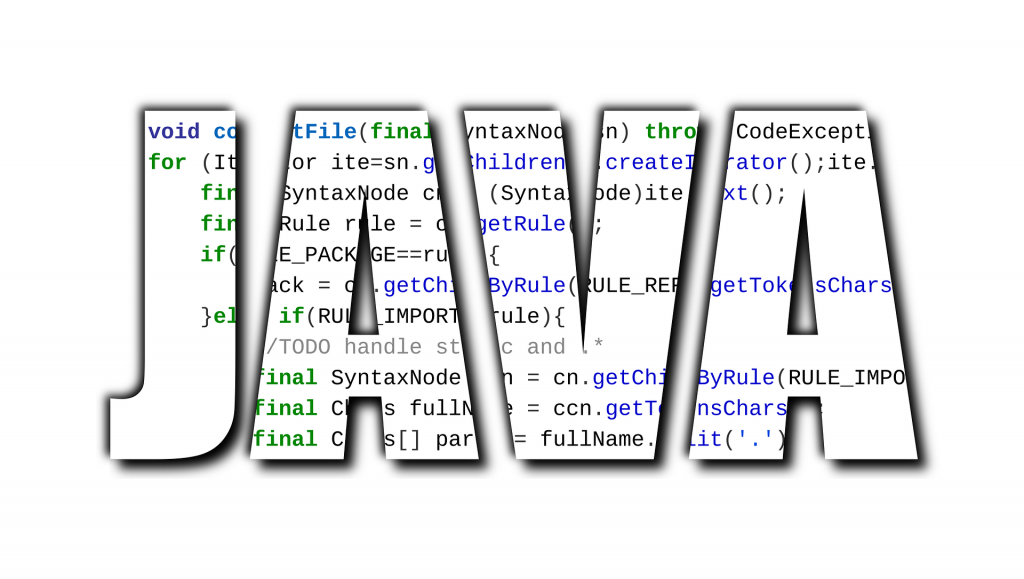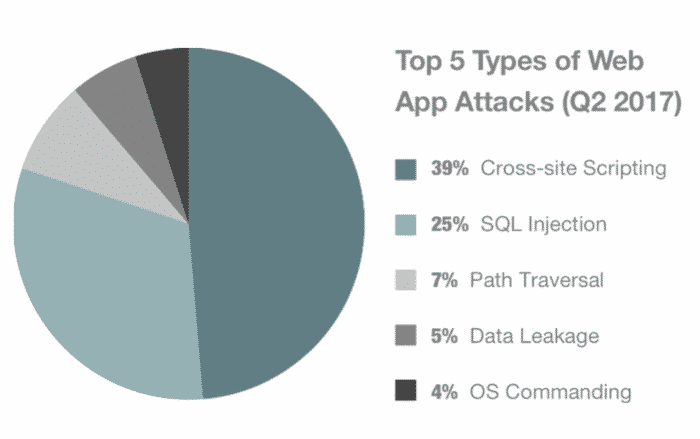Many technology companies have their own certification programs to test their knowledge and ensure that the certificate holder has the right level of knowledge and skills. In addition to other well-known companies such as Microsoft, VMware, IBM or Cisco, Oracle also offers a comprehensive certification scheme for its own products and technologies. With the acquisition of Sun in 2009, Oracle also took over the Java certification program, along with the famous SCJP (Sun Java Certified Programmer) exam, to adapt the certification to its own standards, such as those used for the Oracle database.
The sense of certification
Is it worth taking exams and obtaining certificates at all? Certificates for Java programmers do not have any formal meaning. They do not give, like an engineer’s or master’s degree, higher education, nor do they give any professional qualifications required by law, such as an electrician’s degree. The certificate is simply an objective confirmation that the person knows the Java language and is able to program it at a certain level.
Java certificates may therefore be one of the guidelines for employers when it is difficult to document their competences with experience in projects and references or when the experience is related to other technologies. Acquiring a certificate is also a positive proof of commitment to one’s own development.
There are times when a certificate is required for certain grants and tendering procedures. It is worth noting at this point that the OCP certificate for Java SE is a required step before obtaining expert certificates from Java EE technology (e.g. Web Service, EJB, JPA).
We have to admit that Oracle exams do indeed test well the knowledge of Java programming. A random person, who has no idea about programming, has no chance to pass this type of exam on the principle of “chew, pass, forget”, because apart from knowing the names of different classes and methods, one has to understand programming first of all. Even the basic level will be difficult to pass to programmers of other languages who do not know the specificity of the Java language. On the other hand, programming practice itself, especially when it is based mainly on using frameworks, and rarely on working from scratch, may also not be enough, because exams refer to the most basic elements, and questions can be really detailed.
Focusing on the foundations of the Java language and platform and “details”, and the lack of reference to practice (especially frameworks, with Spring at the forefront) is the most common criticism of Oracle exams. A programmer may think: “Why do I need to know if it will be compiled, after all, I will see the bug in the editor, and the IDE will tell me how to fix it”. That’s true, but a thorough understanding of the Java mechanisms allows us to look at the operation of even larger systems in a completely different way. We have a feeling that we understand how it works and nothing will surprise us…. And the knowledge of frameworks and practical aspects of programming still has to be confirmed by working in a real project.





